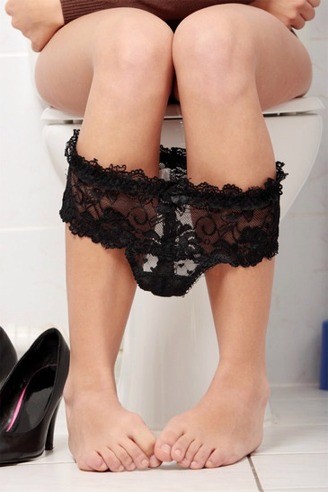 What is Urge Incontinence?
What is Urge Incontinence?
Urge Incontinence is a sudden, intense need to pass water that is quickly followed by leakage of large amounts of urine, with not enough warning to get to the lavatory in time.
This may be triggered by the sound of running water, by an abrupt change of position or even sexual climax. Urge incontinence sufferers often need to pass urine very frequently, typically having to get up several times during the night.
Urge incontinence is usually the result of over-activity of the detrusor muscles in the walls of the bladder, that relax to allow the urine in, then contract when you want to let the urine out. Sometimes they contract too often, generating an urgent need to pee.
The causes are not always clear, but can range from drinking too much alcohol or caffeine to serious neurological conditions that affect the brain and spinal cord. They can be due to constipation or taking certain medications, urinary tract infections (UTIs) or, much more rarely, tumours in the bladder.
Some of these possible causes may cause only short-term urinary incontinence and may be cured by treatment; others may cause a long-term problem.
Certain things can increase the chances of urge incontinence developing, including giving birth, obesity, old age and a family history of incontinence.
Causes of urge incontinence
Urge urinary incontinence occurs when the muscles in the wall of the bladder involuntarily contract or the muscles surrounding the urethra suddenly relax.
Treatment of urge incontinence
If you have been diagnosed with urge incontinence, one of the first treatments you may be offered is bladder training.
At Somerset Urology our continence advisers and incontinence physiotherapists are particularly experienced at teaching bladder training techniques to men and women with urge incontinence.
Bladder training involves learning techniques to increase the length of time between feeling the need to urinate and passing urine by slowly stretching the bladder muscles.
The course will usually last for at least six weeks.
Bladder training may also be combined with pelvic floor muscle training if you have stress or mixed urinary incontinence.
In urge incontinence or overactive bladder, medications can help relax the bladder. These medications do not cure incontinence, but they can be very useful in reducing or eliminating problems of bladder control. They can be used alone or in combination with bladder training.
